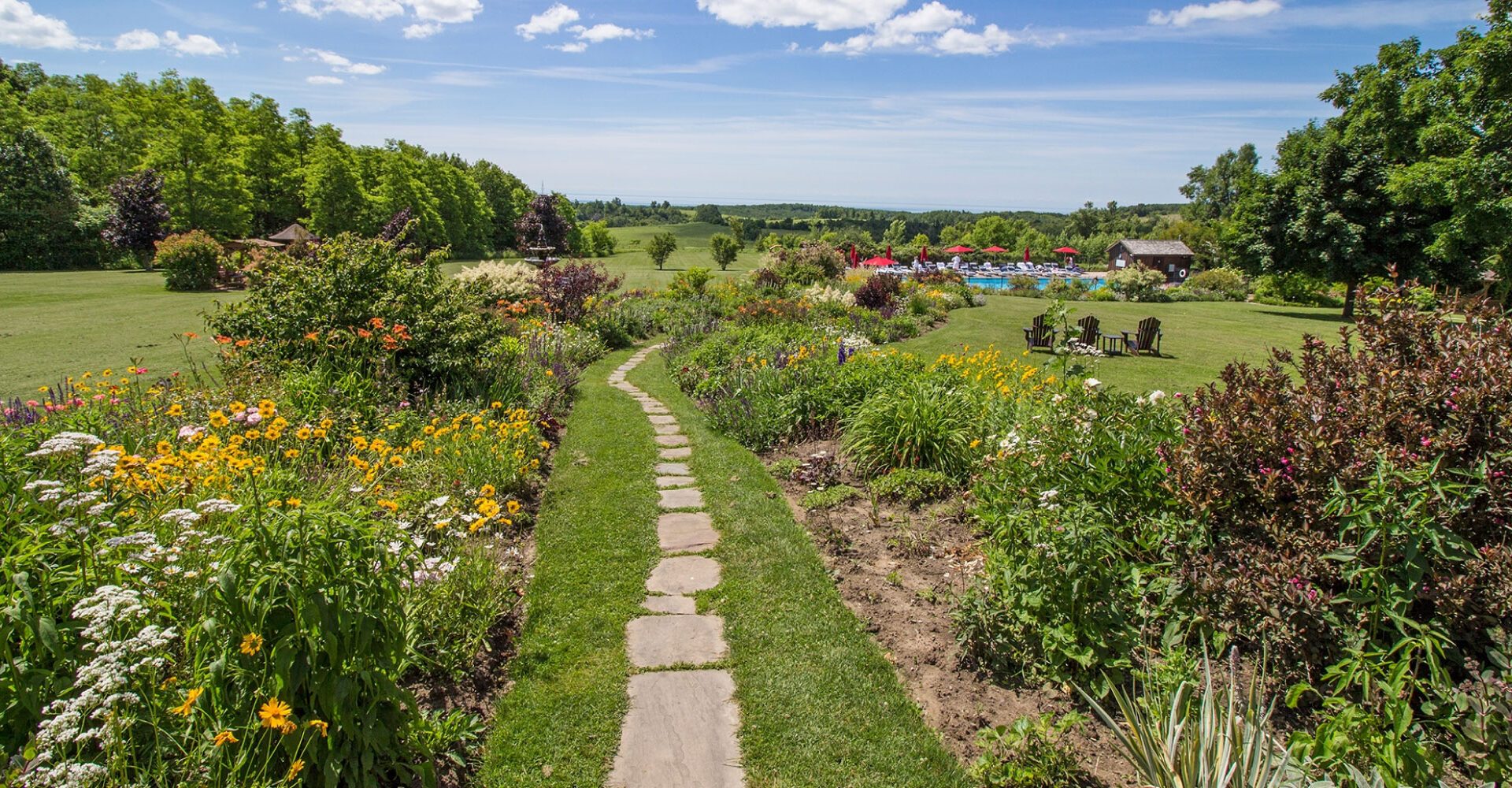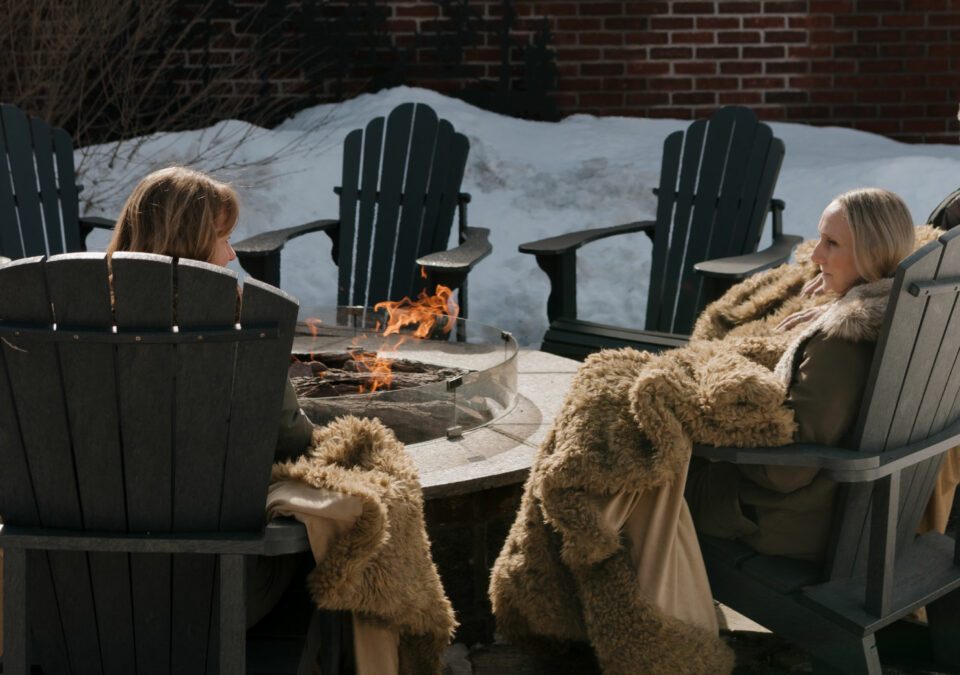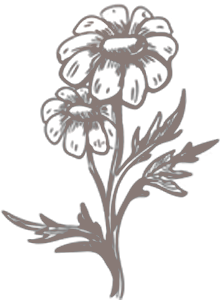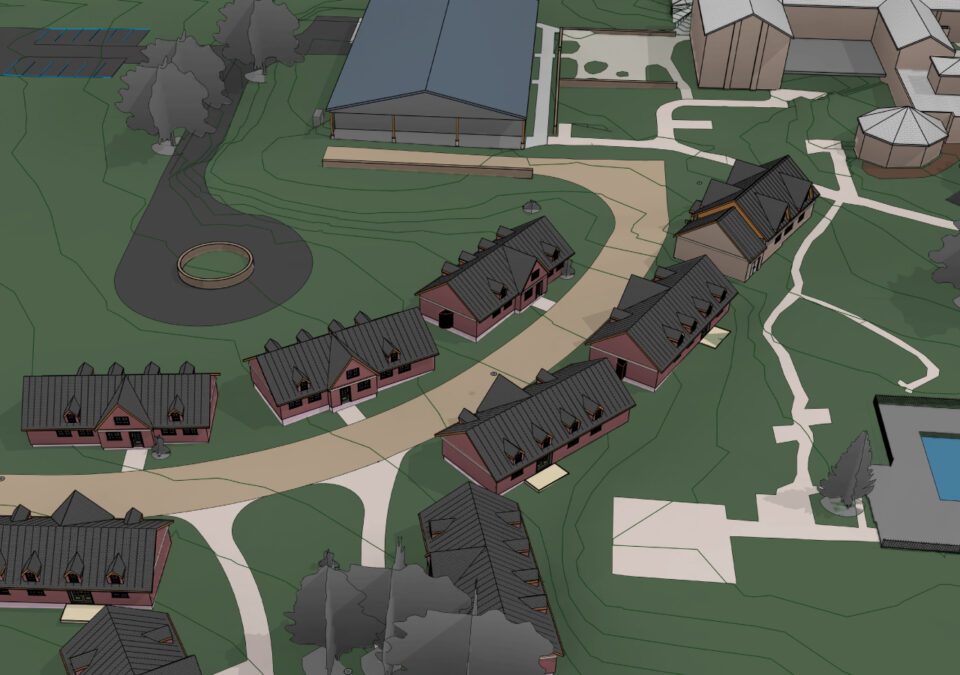Getting Prepared For The Growing Season

Gardening season is fast approaching! As you gear up for the growing season, Ste. Anne’s is here to help make yours thrive and flourish with tips from our head gardener, Darlene O’Connor.
First and foremost, it’s important to decide what you will be growing in your garden. If you need to buy seeds, now is a good time to do so. Once the warm weather is in full swing, it is often difficult to find many in stock, especially with the increase of backyard projects.
1) Get your tools ready!Take this opportunity to sharpen blades, oil hinges and think about expanding or replacing any dull or broken equipment. A helpful tip is the application of penetrating oil on your tools – this will prevent rust and corrosion, and make it much easier to use. It will also revive old tools by acting as a catalyst enabling the removal of rusted and stuck parts.
2) Composting RULES!It’s important to get rid of any weeded areas and debris in your yard and garden. Using dead plants, weeds and other organic garden waste, you can create a compost rich in nutrients.
Keep in mind, it may be difficult to spot the differences between a weed or your treasured plants. For this, O’Connor says you can always wait until they’re bigger to ensure you’re removing unwanted invaders.
3) Turn it up!Early spring is a great time to prepare the soil. Take the opportunity to till or turn it. Loosen up the soil that has become compacted over the winter. You can also utilize your compost. Adding it to weak soil will enhance nutrient content and add moisture back into it.
O’Connor says be sure not to start too early, though. “You don’t want to disturb lady bugs and other good bugs under the leaves.”
4) Start indoors if necessary!Many vegetables, like tomatoes or chilies, can be sown indoors about six weeks before your average last frost date!
5) Mulch, maybe?Adding mulch will prevent the growth of weeds and help keep a moderate soil temperature. Mulch is beneficial in many ways, including the conservation of water, preventing soil erosion, and yes — it looks great too!
6) Plan it outDon’t fret. If mulch isn’t your style, O’Connor says you can spruce up your garden in other ways.
“English garden design has no mulch, as it is covered mostly by plants.” For these types of gardens, adding functionality is key. Build and prepare decorative structures to showcase vines and other climbing plants.














